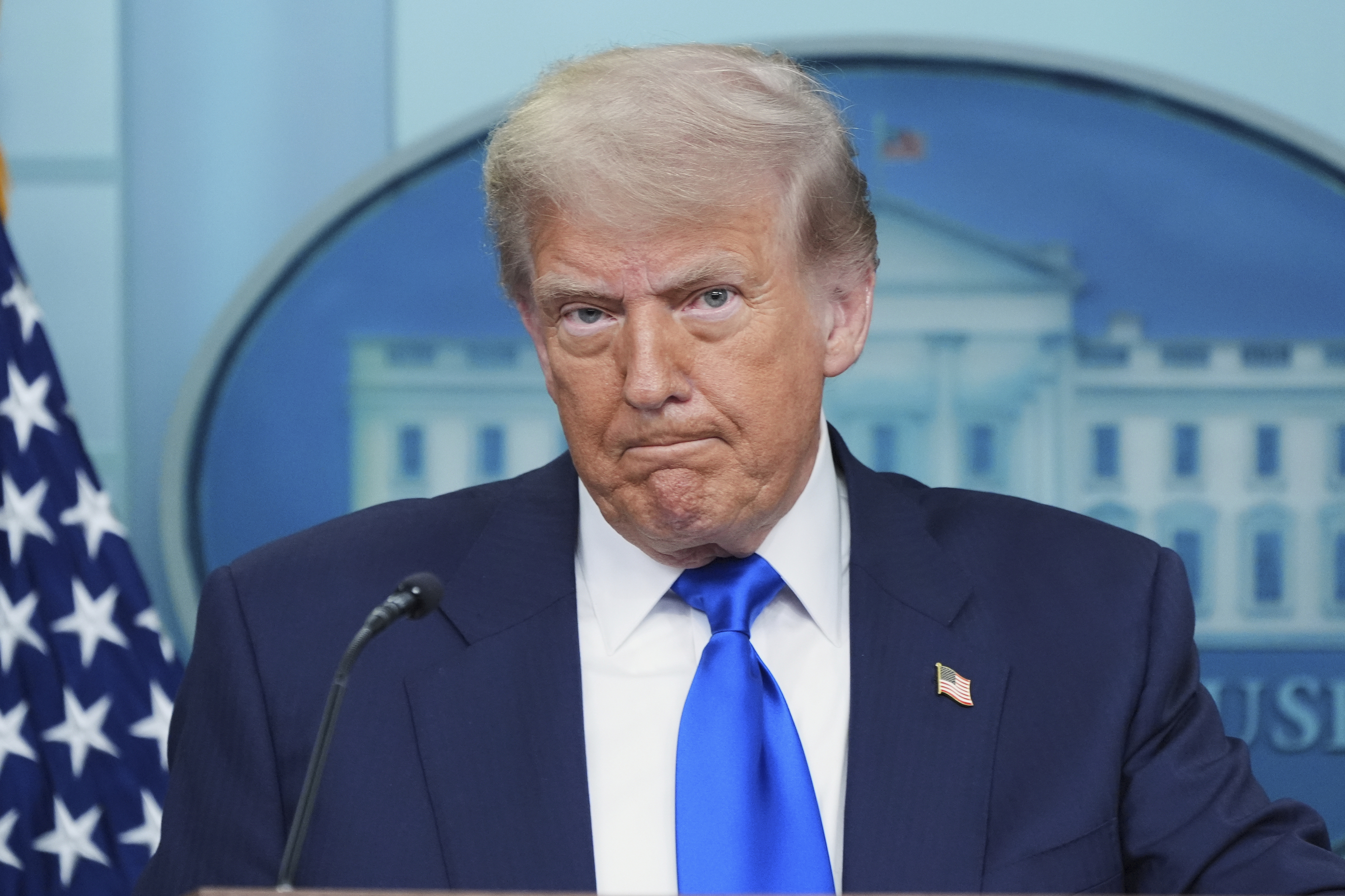The honeymoon between the U.S. President, Donald Trump, and the new Canadian Prime Minister, Mark Carney, has come to an end. This Friday, after a few months of calm, Trump has stirred up and announced that he is "terminating all trade talks with Canada with immediate effect" and that in the coming week they will inform their neighbors of the tariffs they will impose on all their products "to do business with the United States of America."
The official reason is that Canada, "a country with which it is very difficult to trade, including the fact that it has charged our farmers tariffs of up to 400% for years on dairy products, has just announced that it will impose a tax on digital services on our American technological companies, which constitutes a direct and flagrant attack on our country." The unofficial reason is that the self-imposed extension by the White House to negotiate advantageous agreements with the rest of the world is coming to an end, and the result is very poor. They had promised "up to 90 agreements in 90 days," and the president had even mentioned "200 agreements already signed." And there is no such thing. Only one deal was touted, with the UK, but it is not finalized, as it was only a political understanding that Trump celebrated with the British Prime Minister.
The president admitted this Friday, in a lengthy appearance, that the deadline of July 9 that he set for himself is more than flexible. "We can do whatever we want," he stated. On April 2, he announced to the world the so-called "reciprocal tariffs," which imposed a minimum tariff of 10% and a maximum of up to 90% on all its trading partners, based on a formula with no economic sense that only reflected the trade deficit between the U.S. and each country. The greater the deficit, the higher the tariff. In theory, all of this was supposed to be implemented from April 9, but Washington decided a few days later, with markets experiencing wild losses, to change plans.
Instead of all those tariffs, they set a fixed rate of 10% for everyone (excluding sectoral tariffs, such as on steel) except for China for three months, until July 9, to negotiate with each government. The administration quickly realized that their goal was impossible. No one is willing to sign under those conditions, not without a fight and without making everything very clear. Seeing the president's changes of direction, based on market reactions, they have preferred to buy time.
Among them is the European Union, the main trading bloc with the U.S. Although messages coming from Brussels these days indicate that there could be some kind of agreement before that July 9 deadline (with Europe bearing a large part of the tariffs), Trump is nervous and wants to apply pressure. And for that, he has killed two birds with one stone. By pressuring Canada brutally, a preferred partner and also a NATO ally. And by sending a message to the Old Continent about one of the bilateral demands.
Because Trump not only wants Europe to lower American tariffs, which in any case are well below the figures invented by the Republican government. He wants them to change their tax system, specifically the VAT. He wants them to stop pursuing American big companies for anti-competitive practices. He wants European countries, almost all in NATO, to massively buy weapons from the U.S. And also to change their audiovisual regulation. Both the laws affecting content and moderation, and the levies.
"They are obviously imitating the European Union," Trump said about Canada's digital tax, "which has done the same and is currently also in talks with us. Based on this atrocious tax, we hereby declare all trade negotiations with Canada terminated with immediate effect. We will inform Canada of the tariff they will pay to do business with the United States of America in the next seven days," he concludes his message.
Removing that digital tax is, for example, one of the specific demands on Spain, which is very present in Trump's discourse this week due to the decision of the Pedro Sánchez government not to commit to a 5% defense spending, despite what the NATO Declaration of The Hague says.
